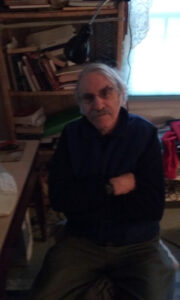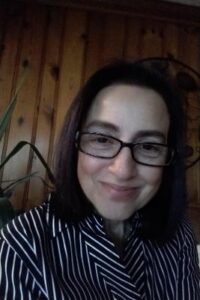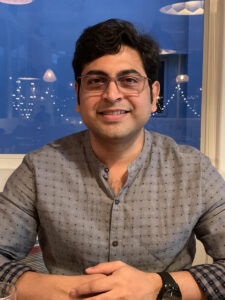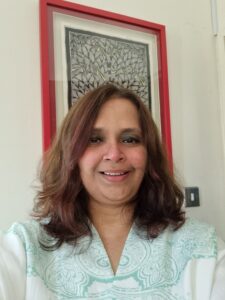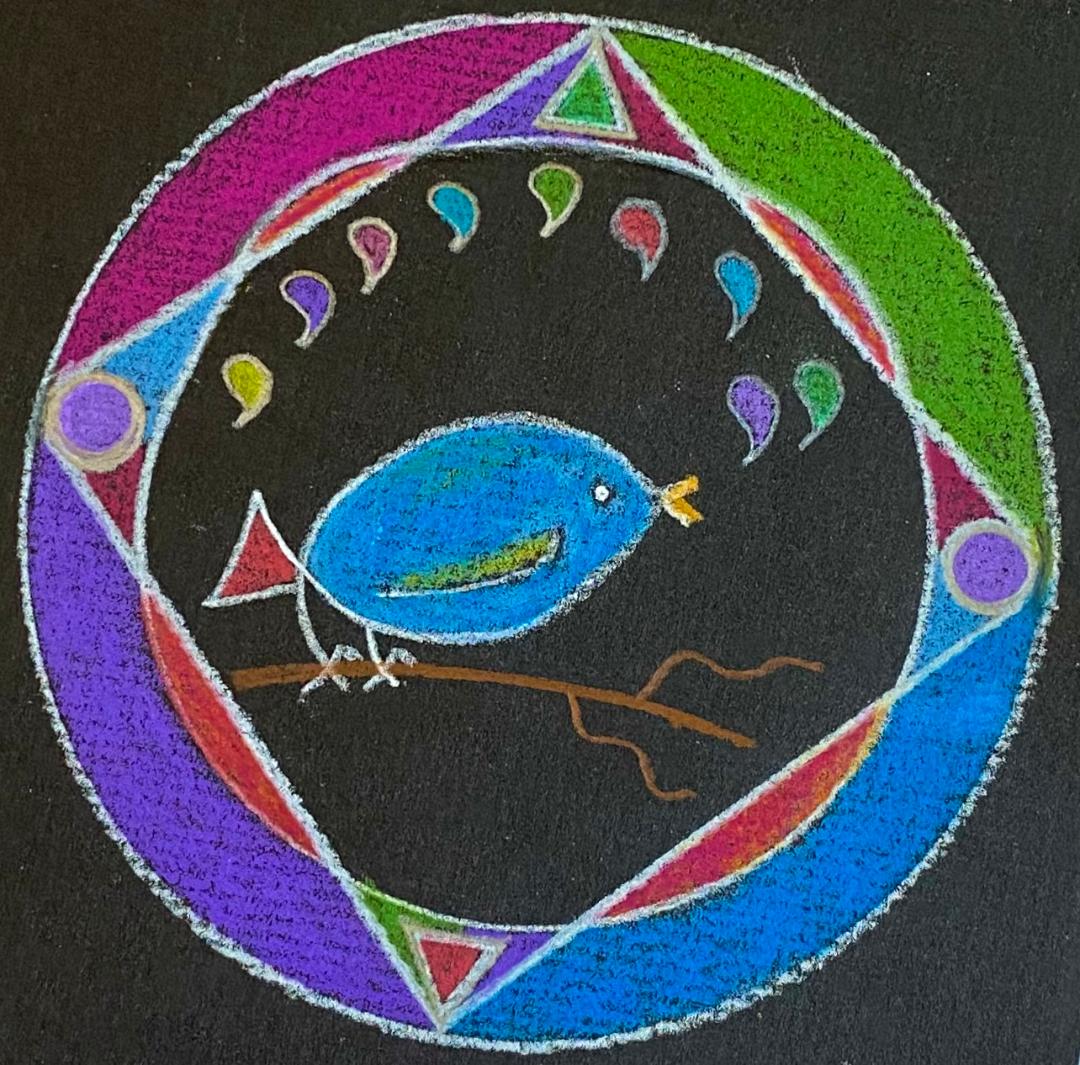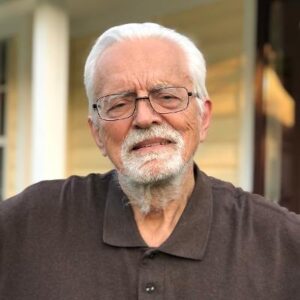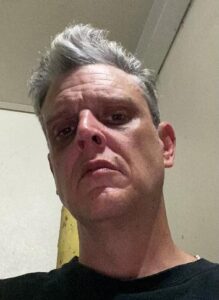Ode to Olivia
Oh, Olivia, during
what disingenuous dialogue,
getting closer and closer,
you told me
in that bar by the seashore
"pretty good-time girl
comes once, comes often,"
eyelashes shyly lowered,
thick and lustrous,
lowered time and again
to hide the hard eyes
I knew were there.
I was surprised by
your interest;
vital with intent,
your lithe body
tilted towards me,
white teeth showing
in a smile, breasts
firm and unfettered
in your summer blouse.
Delirious with your fancy magic
I nearly fell off the bar stool,
fell like a fairy-tale frog
clear down to the bottom
of the mossy well, my member
swelling in your favor,
transported to
to your body's joyful openings,
anticipating
hot and wet,
those ports of entry,
those sweet breasts,
that sweet tongue
flicking between your lips;
promises of things to come.
O ye spermy nights of the gods!
The rune on our canoe's tail
says "enter here, ye of little haste"
and willows brush our arms
as we paddle down the river
of ardor and fulfillment
and coming together and
whatever else
we can muster up
from a time of dreams,
from the manna
of this earthly paradise.
Olivia, you were brown as a nut
from a summer of sun;
a glamorous summer goddess
there for the taking and still
it came to nothing.
A change of heart,
a parting glance,
and off you went.
Your naked this I never saw,
your curly that I never pawed;
alone in the majestic garden
of self I sit stiff and cold
as a block of ice;
a lonesome soldier in a sentry box
waiting for the gate to open;
it never does.
Olivia, you left me
as you found me
and just as well
for the both of us.
There we were
in that bar,
and there we are forever,
enshrined, inscribed
like Keats’ Grecian urn,
graceful outlines,
a frieze of some long past event,
at rest in that luminous
wasted moment forever;
no future, no past,
no time at all and
what never happened,
what is not there
just as real
as what is there.
Jack D. Harvey’s poetry has appeared in Scrivener, The Comstock Review, Valparaiso Poetry Review, Typishly Literary Magazine, The Antioch Review, The Piedmont Poetry Journal and elsewhere. The author has been a Pushcart nominee and over the years has been published in a few anthologies.
The author has been writing poetry since he was sixteen and lives in a small town near Albany, New York. He is retired from doing whatever he was doing before he retired.
His book, Mark the Dwarf is available on Kindle. https://www.amazon.com/Mark Dwarf Jack D Harvey ebook
Robin Ouzman Hislop is Editor of Poetry Life and Times at Artvilla.com ; You may visit Aquillrelle.com/Author Robin Ouzman Hislop about author & https://poetrylifeandtimes.com See Robin performing his work Performance (University of Leeds)
